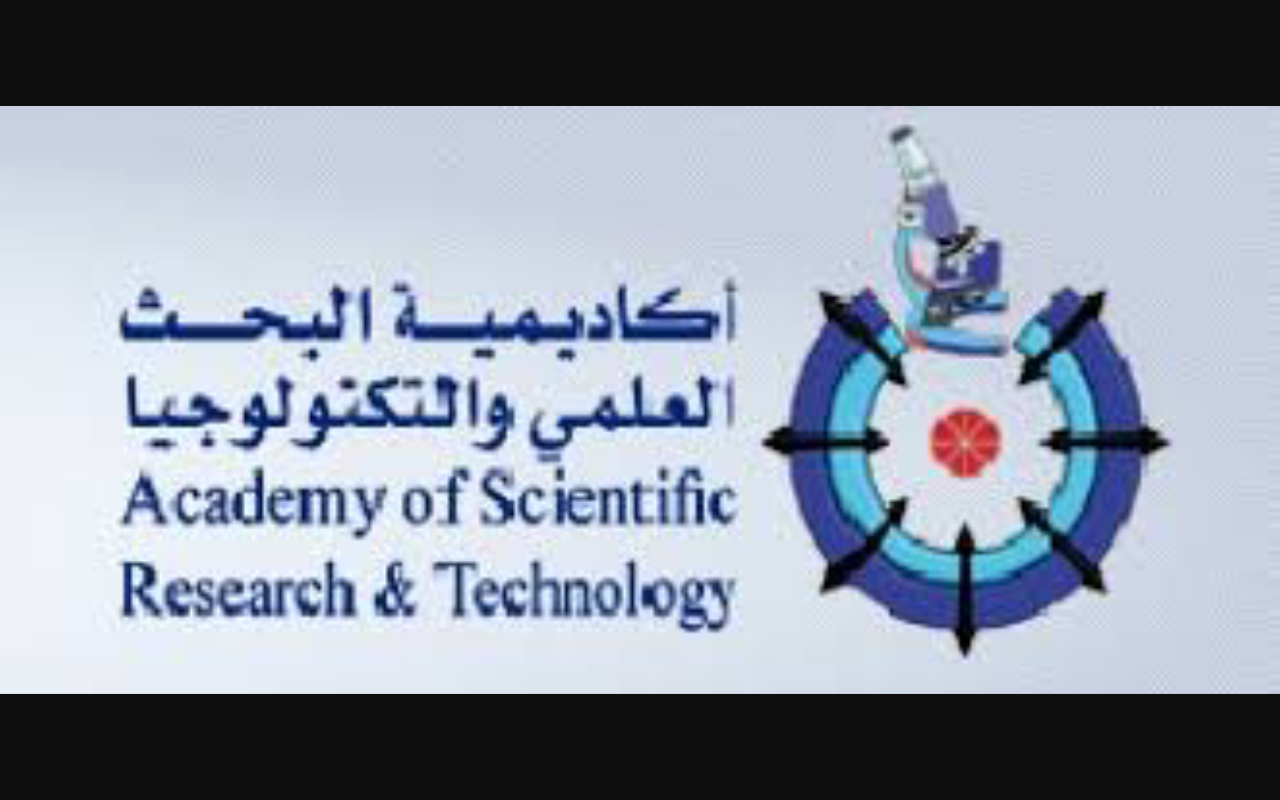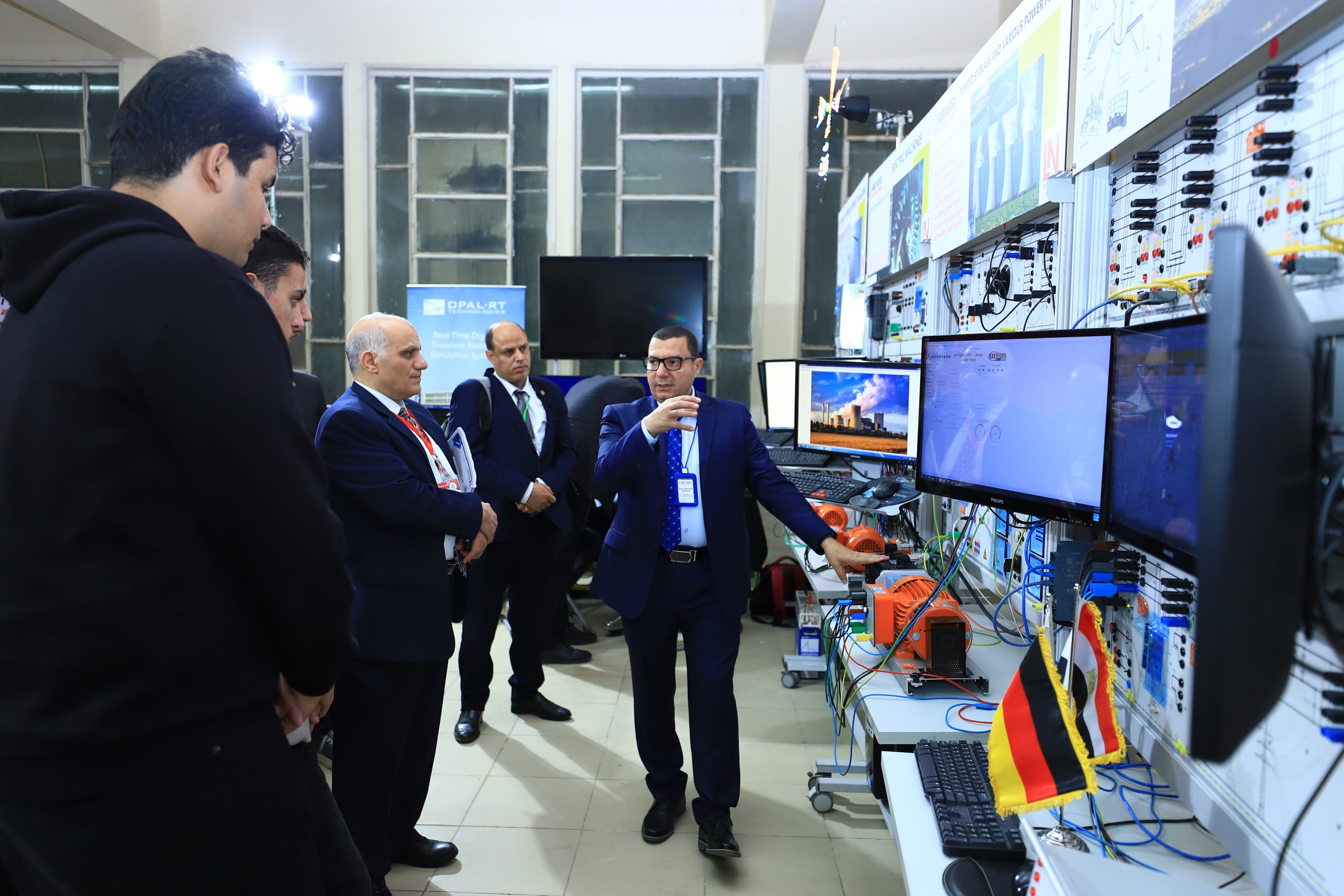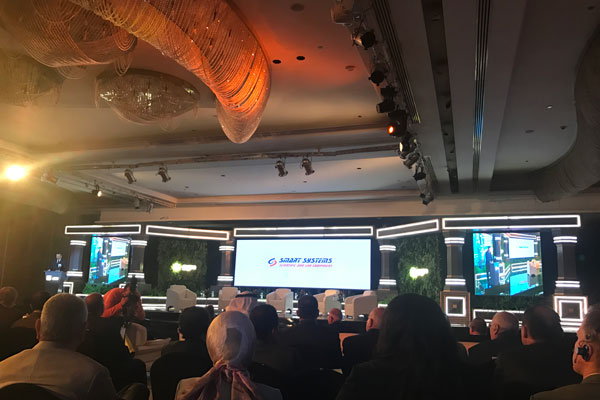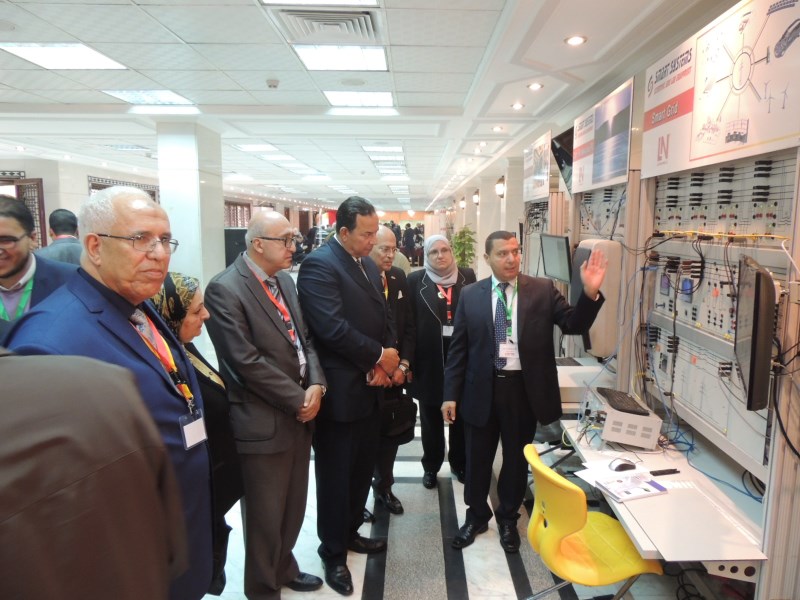Adsorption

Adsorption corresponds to the enrichment of atoms, ions or molecules from a gas, liquid or solid onto a surface.
This enrichment results in a change in concentration at phase boundaries. In most cases adsorption involves a boundary surface between a gaseous and a solid phase.
It is to focus upon this aspect that the process trainer IPT 51 Adsorption has been designed.
The process trainer IPT 51 Adsorption is equipped with an interactive e-learning course and a fully programmed process control system, such as those widely used in the process engineering industry.
It is possible to connect multiple trainers with a single process control system. Lucas-Nülle will find a custom solution to your process engineering laboratory needs. Simply make contact with us about it.
- First principles of Gas adsorption/Gas desorption
- Separation of isomer by adsorption
- Remove of hydrocarbons out of a carrier gas flow (e.g. n-Hexan or Cyclohexan)
- Influence of:
- Gas flow rate
- Concentration
- Temperature
- Pressure
- Gas conditioning
- Column Regeneration







